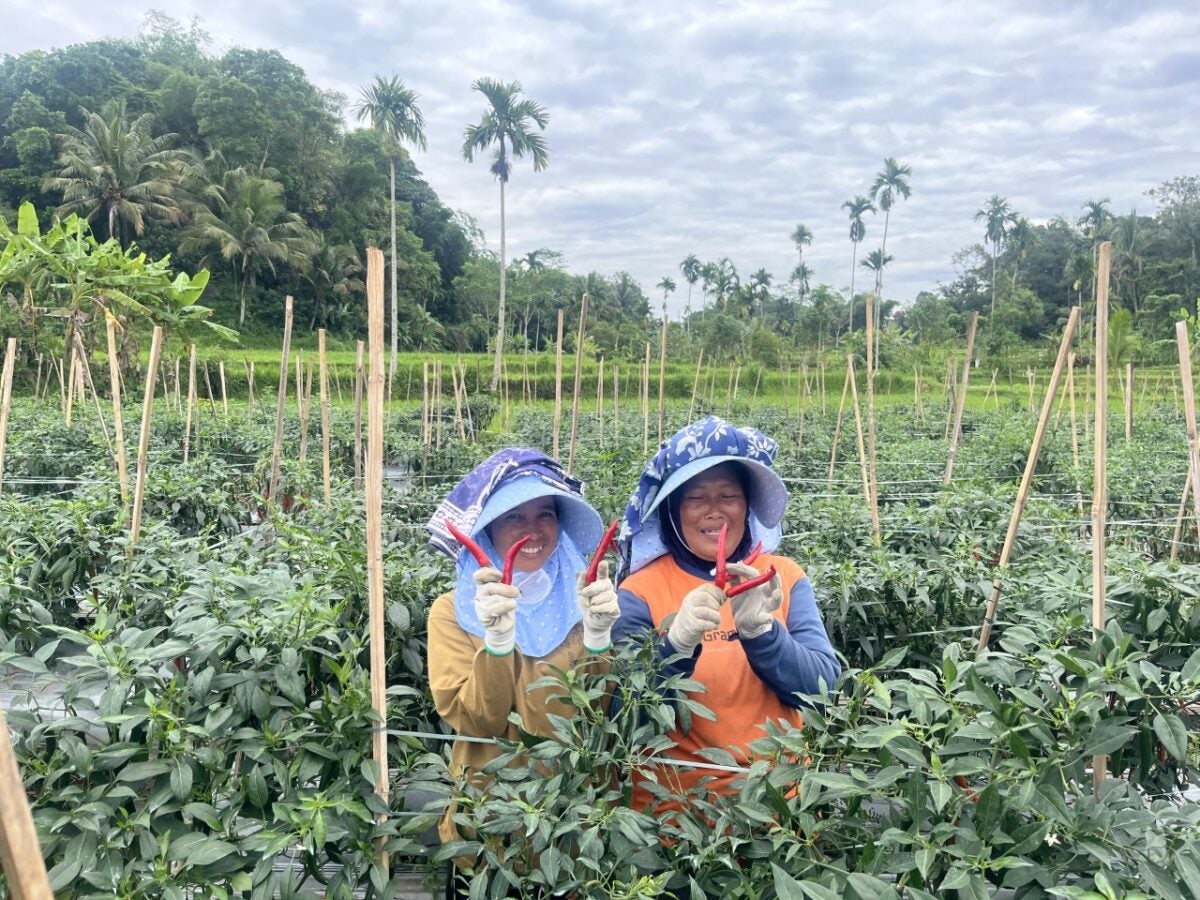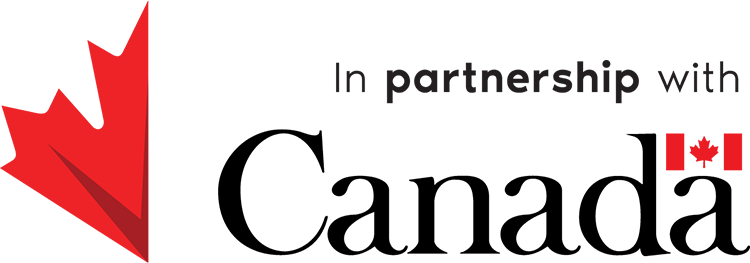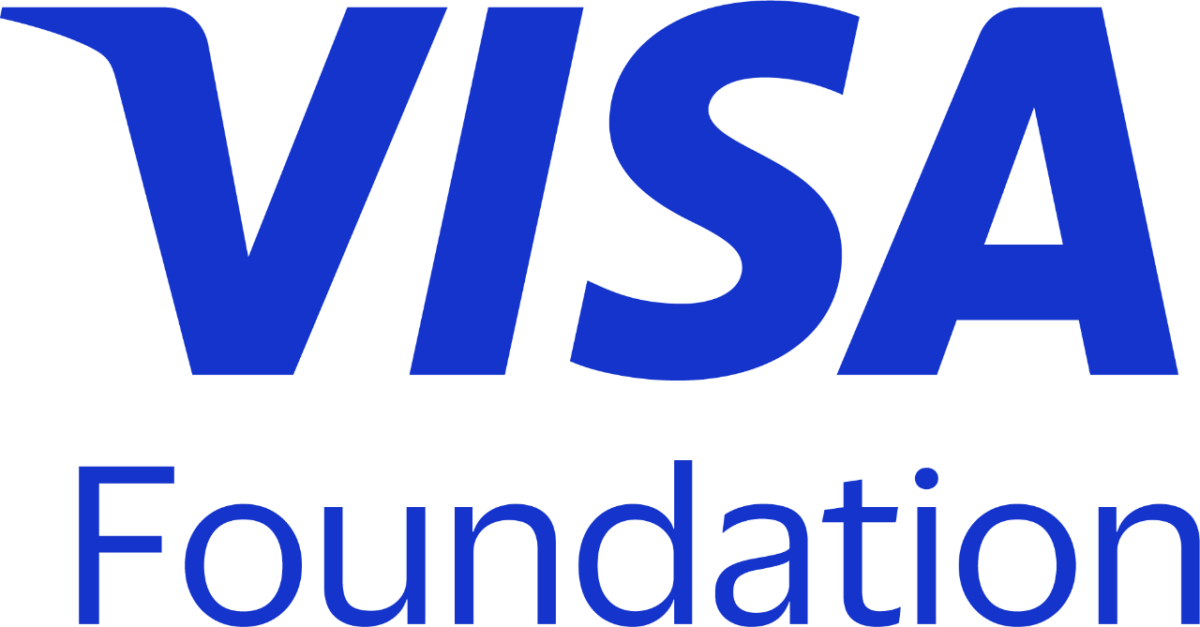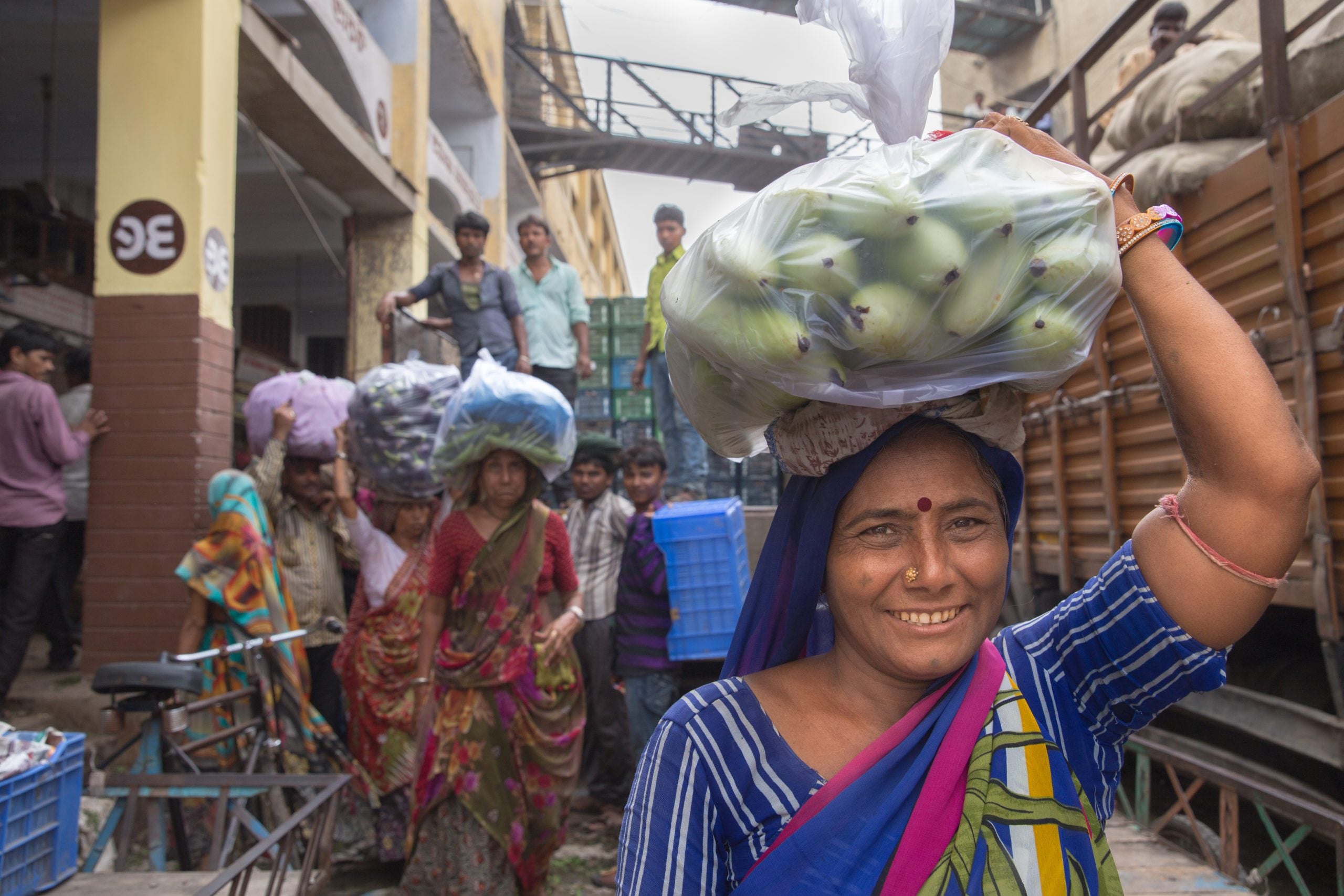
The SGB sector has an important role to play in achieving gender equality. If half the world’s population is left behind, significant progress on the SDGs is impossible.
According to the International Finance Corporation, this gap amounts to nearly $320 billion in developing countries. This lack of access to capital, due in part to investor bias, is a major constraint to growth. There is also reason to believe that this gap extends beyond financing into other support services, which studies suggest can be less effective for women relative to their male counterparts. Research from ANDE’s Global Accelerator Learning Initiative (GALI) finds that women-led businesses are less likely to apply to acceleration programs, and those that do receive this support are still less likely than their male counterparts to secure equity financing.
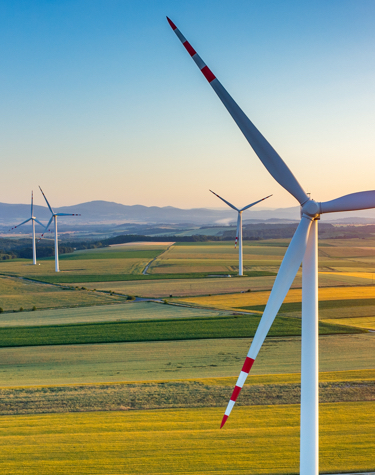
Clean energy entrepreneurship presents significant challenges for women, including limited access to funding, limited networking, lack of access to partnerships, challenging cultural norms, limited workplace flexibility, and lack of mentorship and training. While these barriers are common across different sectors, their impact on women entrepreneurs is particularly pronounced in the renewable sector due to the sector’s heavy reliance on technology and its male-dominated nature.
With support from the International Development Research Centre (IDRC), ANDE has launched a new initiative which will fund actionable research that aims to build the evidence base on these barriers and potential solutions. The project will fund six research projects on women in the clean energy sector, each eligible for a grant of up to USD 60,000.
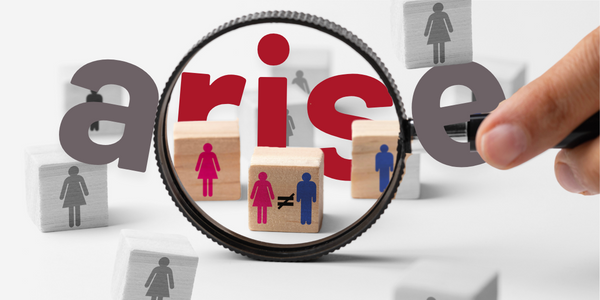
Early in 2023, ANDE, as part of the ARISE Consortium with the Criterion Institute and 2X Global, announced an exciting funding opportunity for research on gender lens investing . An extraordinary number of entrepreneurs across the globe submitted their ideas following a call for proposals and an Open House information session on June 21.
After an extensive review process, ANDE and its consortium partners chose eight grant recipients across four regions: East and Southeast Asia, South Asia, Latin America, and Africa. The grant winners proposed projects directly related to supporting entrepreneurs and closing the gender finance gap and demonstrated a clear understanding of gender power dynamics in local contexts.
About ANDE's work in Gender Equality
Grounded in the belief that SGBs can contribute to global peace and prosperity, ANDE has been pushing forward work in line with United Nations Sustainable Development Goal (SDG) 5: “Achieve gender equality and empower all women and girls.” More than 75% of ANDE’s membership boasts an explicit focus on gender in their work and ANDE has advanced its own gender impact through various grant-funded program. With the intent to foster women as leaders, employees, and consumers in developing economies’ SGB sector, ANDE’s Gender Equality Initiative (AGEI) seeks to build supportive entrepreneurial ecosystems in developing economies that are responsive to the ways in which women have been subject to gender bias and institutional exclusion.
Through three pillars of focus, AGEI aims to increase women’s access to: 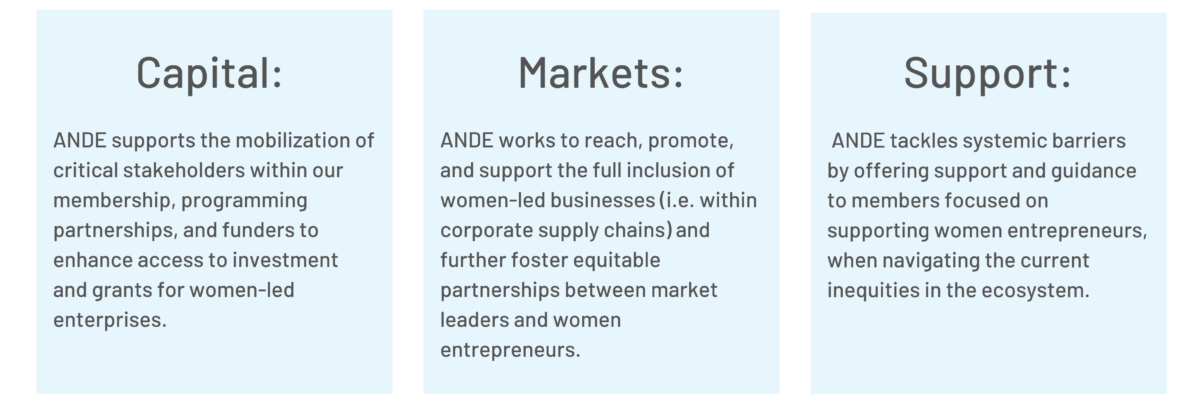
In 2019, ANDE announced an exciting partnership with USAID’s Gender Equity and Equality Action (GEEA) Fund and the Visa Foundation to launch the ANDE Gender Equality Initiative, which aims to support women as leaders, employees, and consumers in the emerging market SGB sector. The initiative works to strengthen intermediaries that provide support to women entrepreneurs to fund more companies, build their capacity, connect them with appropriate sources of capital, and help them scale. Other priorities include advancing women as key decision-makers—fund managers, board members, mentors, and employees—in the entrepreneurial ecosystem. AGEI has three key work streams including: Ideating through Gender Equality Action Labs; Locally Led Chapter Programming; and Innovative Re-Granting Facilities.
Through support from Global Affairs Canada, Advancing Research and Investment Standards for Gender Equity (ARISE) is a three year project aiming to accelerate the adoption of gender analysis and expertise within investments and ultimately improve gender equality outcomes for women, girls, and nonbinary individuals in emerging markets. In collaboration with Criterion Institute and 2X Global, we aim to widen the pool of women’s rights and civil society organizations that are equipped to work alongside investors in the fields of Gender Lens Investing (GLI) and innovative finance; support the ability of donors to advance these best practices; and direct the growing amount of capital flowing to the field of GLI to investments that are more likely to achieve gender equality and development outcomes.
We are currently accepting concepts for a research grant.
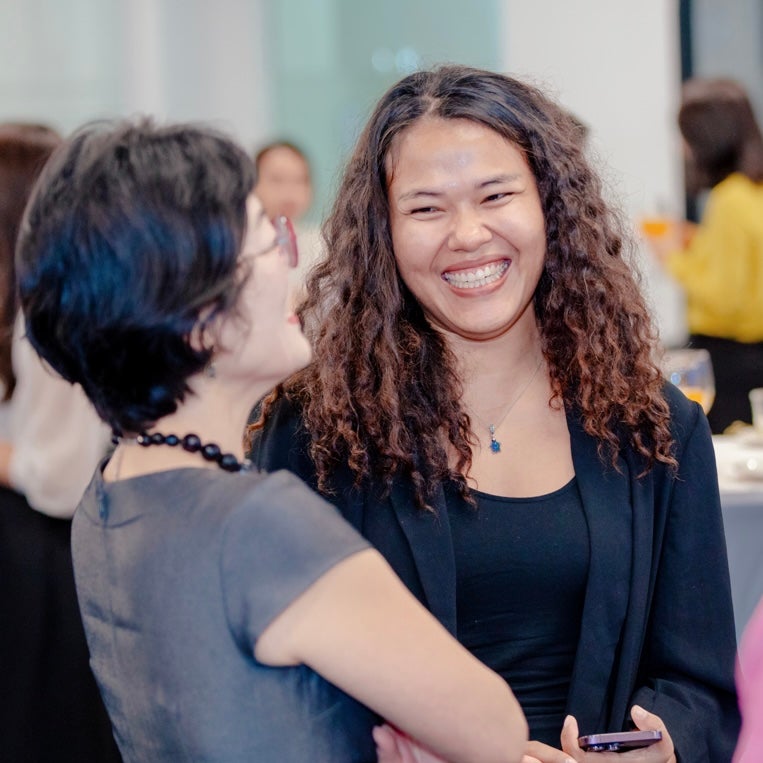
The concept of gender-lens acceleration has taken hold in recent years, with various toolkits outlining how to be more gender inclusive at every step of the acceleration process, from selection to programming and alumni support. However, it is not well understood how effective these strategies have been in producing more equitable outcomes for women. This report aims to fill that information gap by synthesizing the research on accelerating women-led ventures, exploring case studies of two accelerator programs in Asia that have outsized impacts for such ventures, and spotlighting other programs with unique program models or perspectives.
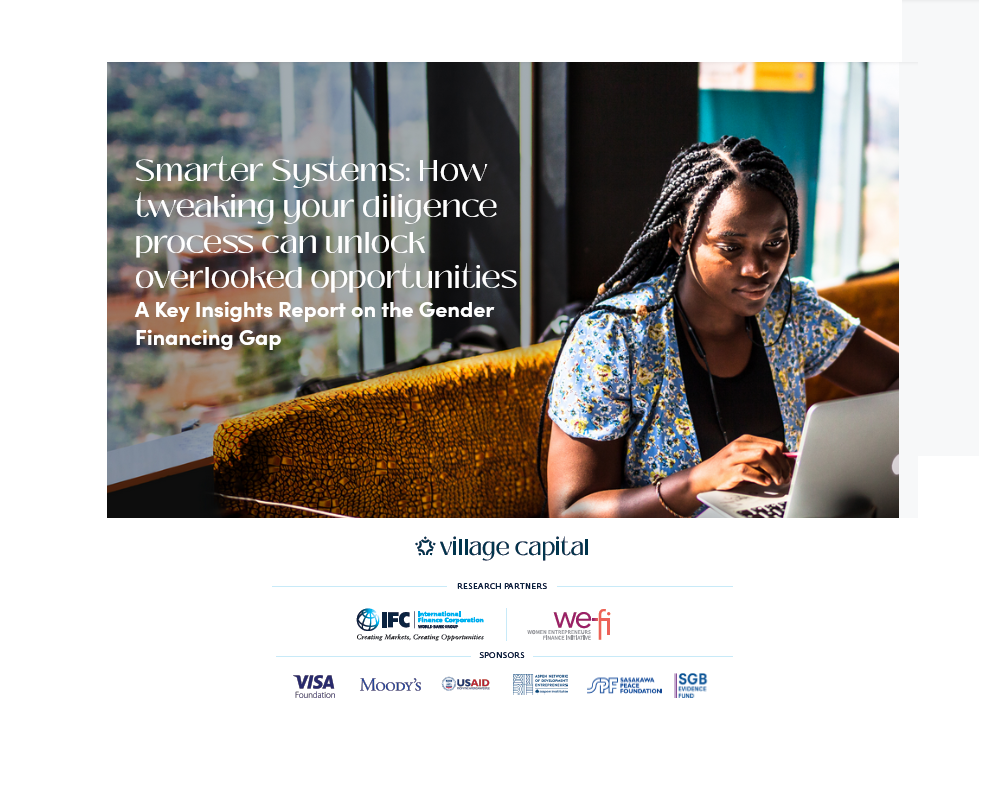
"The gender financing gap persists. Women-led startups raise significantly less capital than startups led by only men. According to PitchBook Data, in 2021, 85.4% of global VC dollars went to startups with only men on the founding team.
That number has hardly budged over the past decade — despite the fact that data continues to suggest that women-led startups outperform startups with all-men founding teams. For example, a BCG study found that women-led companies generate more than twice as much additional revenue per dollar invested (78 cents versus 38 cents) and a PitchBook study found that women-led startups reach their exit stage a full year earlier than all-male-founded startups (median 6.4 years versus 7.4 years).
For investors, focusing on only a fraction of all entrepreneurs means they leave significant opportunities for returns on the table. For startups, this gender financing gap means promising innovations do not receive the resources they need to scale.
That is why Village Capital partnered with IFC, We-Fi, the World Bank, and researchers Amisha Miller and Saurabh Lall to identify and test several concrete ideas for how to help close the gender financing gap. With the support of a research coalition that also includes Visa Foundation, Moody’s, ANDE’s Advancing Women’s
Empowerment Fund, Sasakawa Peace Foundation, and ANDE’s SGB Evidence Fund, we have identified several promising interventions.
Now we are sharing our results, and encouraging investors and accelerators to take action."
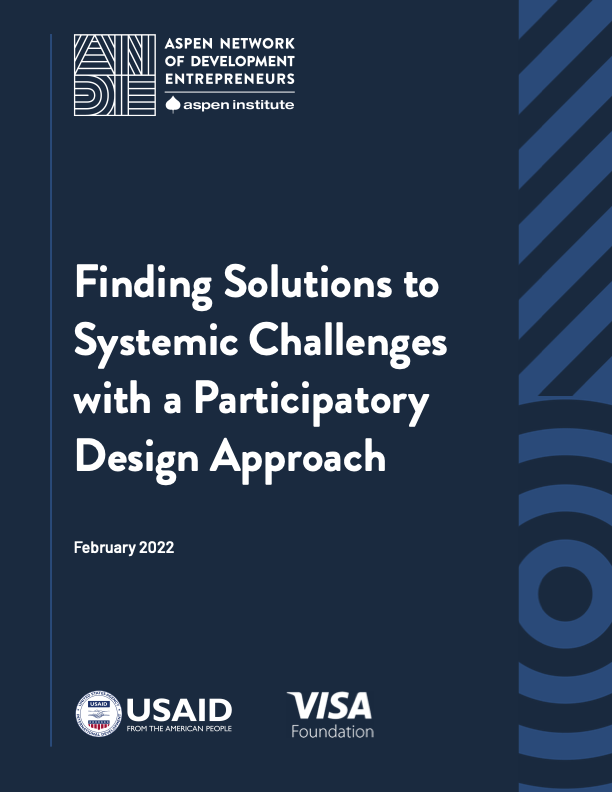
"In 2019, ANDE announced an exciting partnership with USAID and the Visa Foundation to launch the ANDE Gender Equality Initiative (AGEI), which aims to support women as leaders, employees, and consumers in the emerging market SGB sector. As a pilot project under AGEI, each of ANDE’s eight regional chapters hosted a 9-12 month Gender Equality Action Lab. ANDE’s Action Lab uses a participatory design process in which a group of regional stakeholders, with deep and diverse experience and expertise on an issue, gather to define problems and then create and test potential solutions together."

Through ANDE's Gender Equality Initiative (AGEI), we convened Gender Learning Communities across our eight chapters focusing on the barriers and discriminatory policies that women entrepreneurs face.
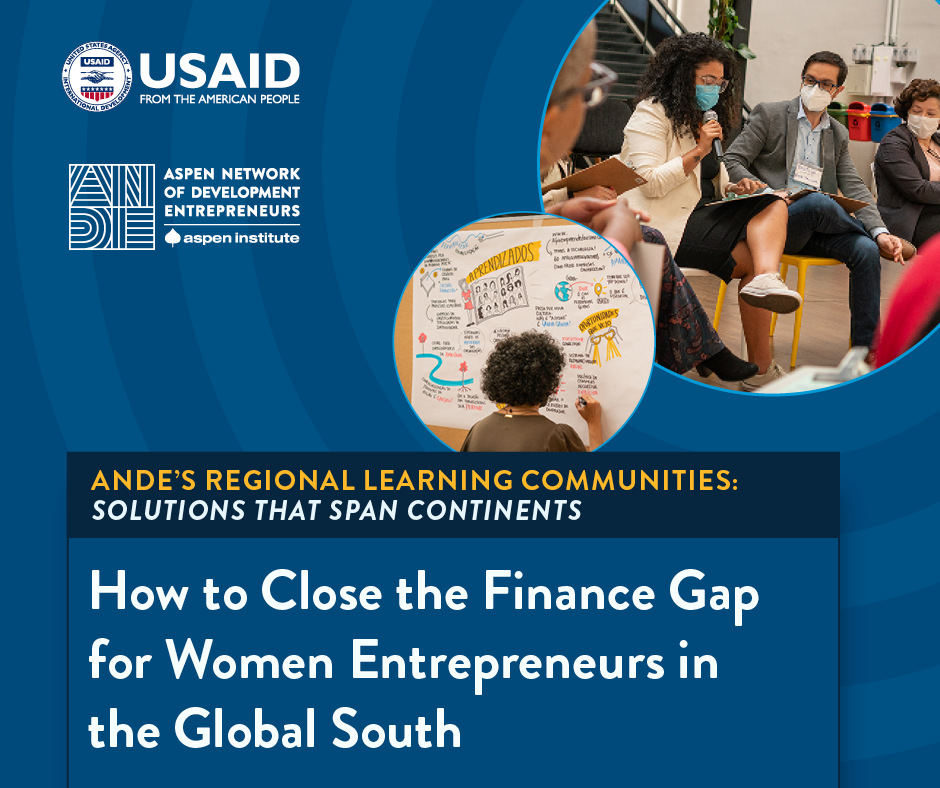
Throughout the past year, ANDE convened several learning communities across its eight chapters focusing on the issue of women’s access – or lack thereof – to capital.
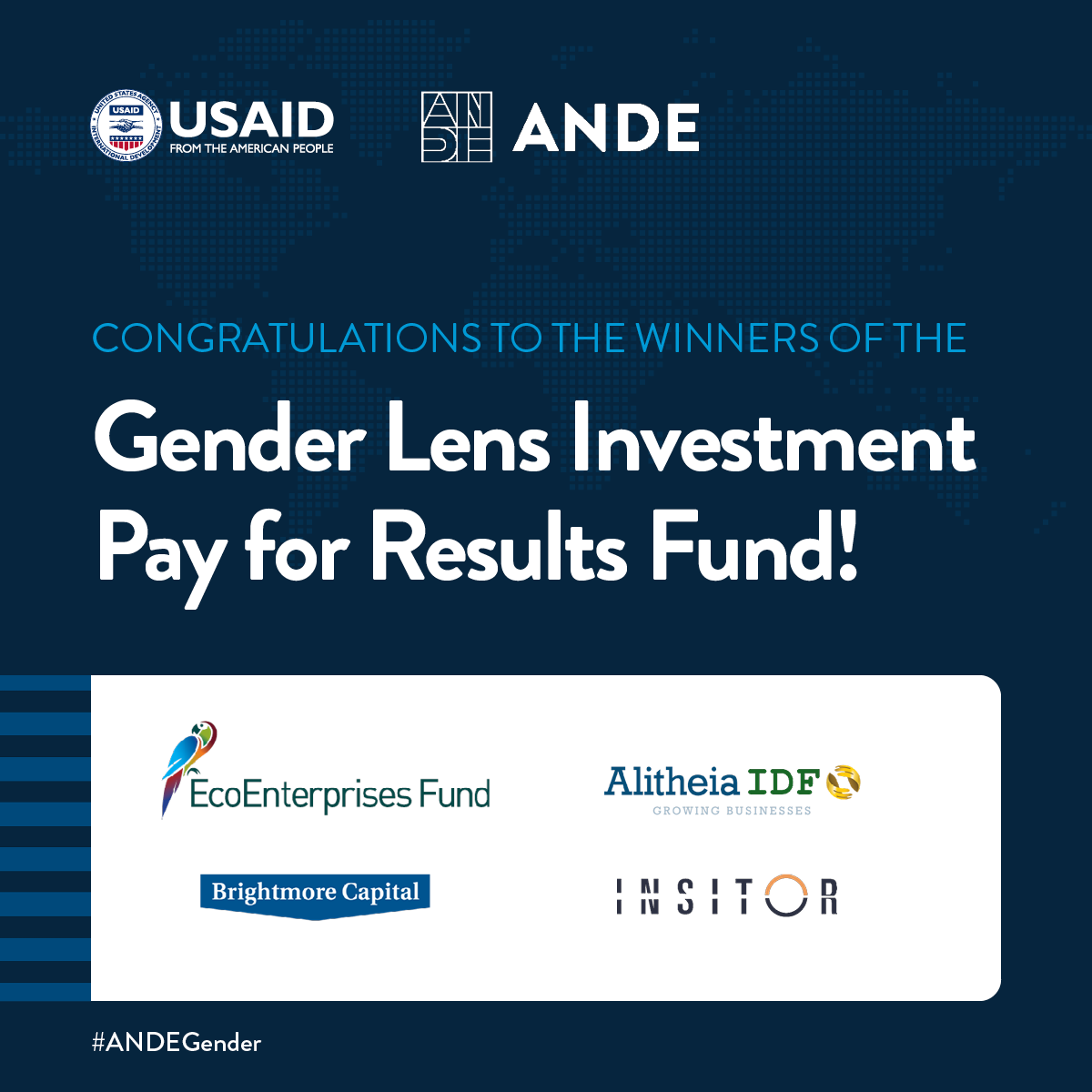
The funding will allow four investors to advance their gender lens investment capabilities.
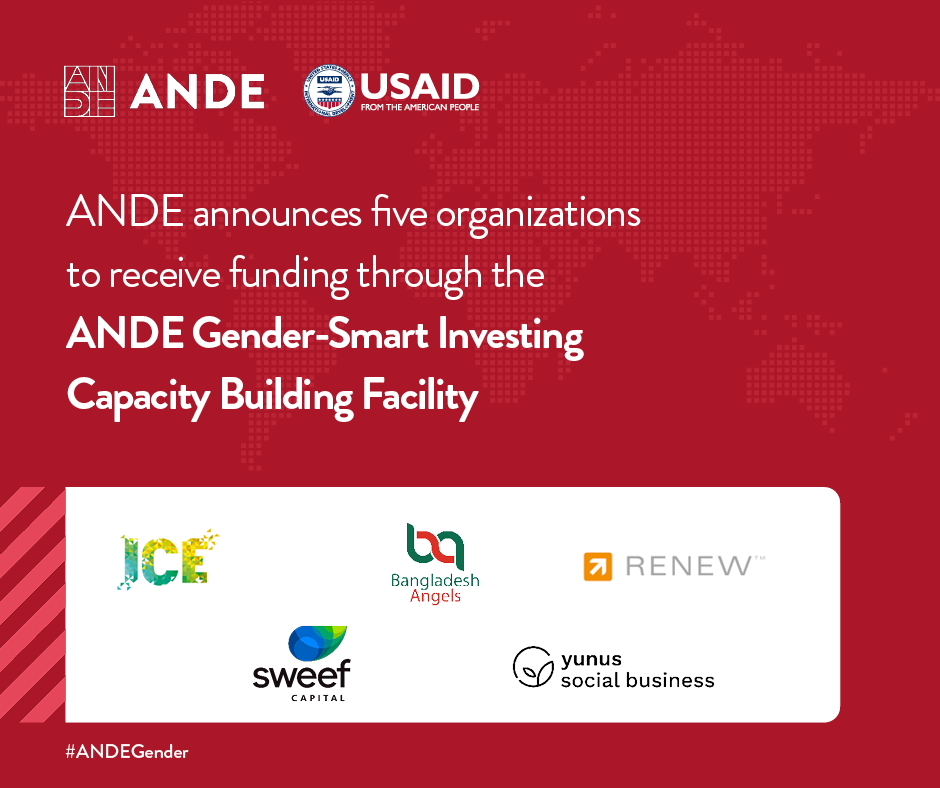
The Aspen Network of Development Entrepreneurs (ANDE) today announced that five organizations have been selected to receive funds under the Gender-Smart Investing Capacity Building Facility.
The fund will allow three organizations to test models to increase investment into women-led small and growing businesses in western, southern, and eastern Africa.
Fund will distribute up to $1.2 million in grant capital across eight winning proposals out of a pool of more than 180 total applications.
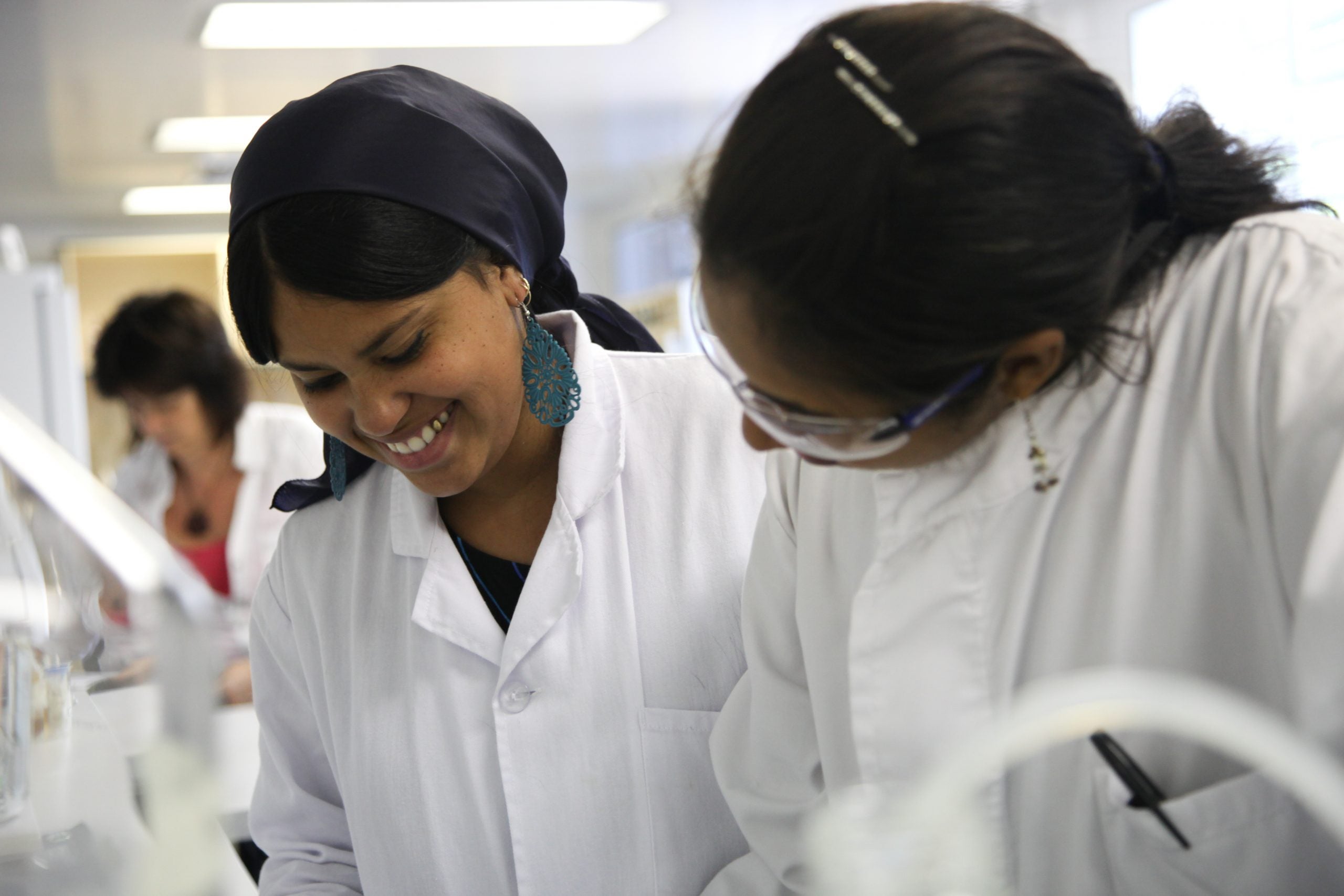
The SGB sector can contribute to SDG 5 through three categories of actions:
- Promoting investments and effective support services for women-led SGBs.
- Improving gender-inclusive employment policies within SGBs and intermediary organizations, including increasing the development of women in leadership roles and providing gender-sensitive policies for employees at all levels.
- Scaling gender-focused business models through SGBs, including integrating women-owned or -led businesses into corporate supply chains or distribution channels and providing goods or services beneficial to women and girls.

